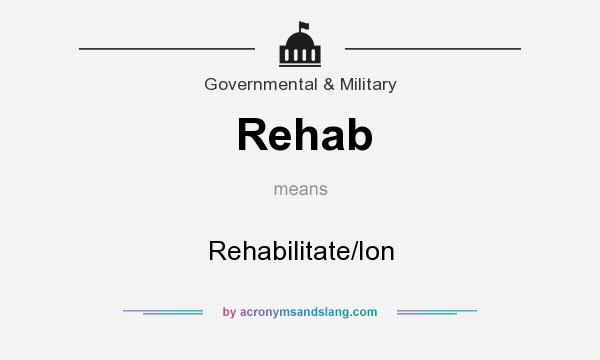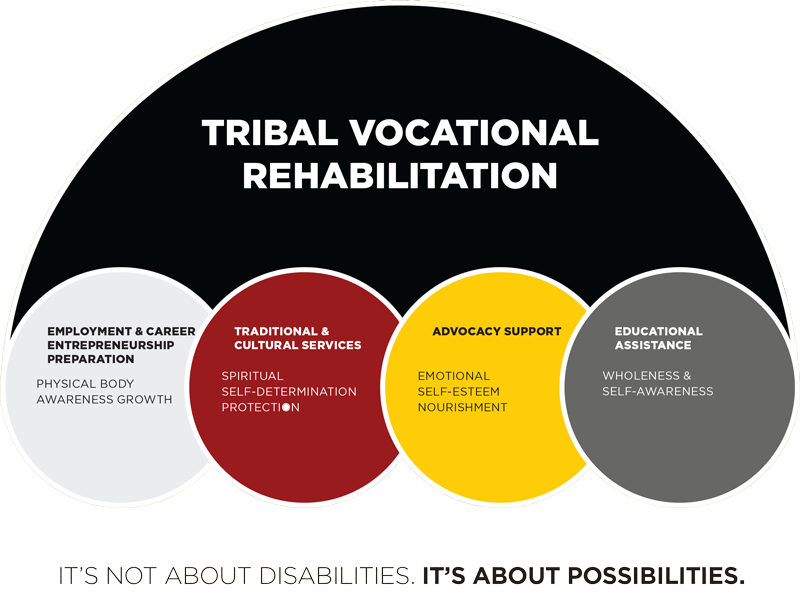Little Known Facts About How Many Drug Rehab Centers In Salem Oregon.
Ask your relative what you can do to be most supportive of his/her sobriety. Household participation in treatment is linked to higher success rates. Using drugs or alcohol in rehab goes versus the guidelines of treatment programs and can make up the sobriety of other clients. While each program varies in how it manages relapses in rehab, the majority of programs have consequences, which can consist of: Loss of privileges, such as weekend passes and access to electronic devices.
Termination from the program. Lots of rehabs will discharge or terminate clients after 2 or more relapses. Each program has different guidelines for electronic devices. Some rehabs permit phones, computer systems and other electronic devices during a client's entire stay. However, other programs prohibited these products or only permit them after you have actually remained in the program and remained sober for a certain time period (how to stop drug addiction without rehab).
You can not require an individual to go to rehab. But if you are concerned about a liked one's drug or alcohol use, you can help them consider the advantages of treatment. One technique to getting loved ones into treatment is Community Reinforcement and Family Training (CRAFT).4 In numerous research trials, CRAFT showed effectiveness in getting a relative to commit to treatment.
A trained psychologist or counselor can execute CRAFT. Therapists trained in CRAFT can also deal with families without the addicted relative present if that individual is not ready or happy to participate. Leaving rehabilitation early without finishing the program is not advised. This is often called leaving "against medical suggestions" or "AMA." When you leave rehab too soon, your danger of regression boosts.
Where Are The Best Drug Rehab Centers Can Be Fun For Anyone
Meyers, R. J., Smith, J. E., & Lash, D. N. (2002 ). The Neighborhood Support Method. Recent Developments in Alcohol addiction (pp. 183-195). Springer, United States. Center for Compound Abuse Treatment. (2004 ). Are You in Healing from Alcohol or Drug Issues? Know Your Rights. Center for Drug Abuse Treatment. (2015 ). Cleansing and Compound Abuse Treatment.

45. HHS Publication No. (SMA) 15-4131. Rockville, MD: Drug Abuse and Mental Health Providers Administration. Meyers, R. J., Smith, J. E., & Lash, D. N. (2005 ). A Program for Engaging Treatment-refusing Substance Abusers into Treatment: CRAFT. International Journal of Behavioral Consultation and Therapy, 1( 2 ), 90100. You are never too old to enhance your health and lifestyle! You are never ever too old to improve your health and lifestyle!.
Alcohol and drug rehabilitation, or drug rehab treatment, is the beginning point for significant and lasting recovery from dependency to compounds or addictive habits. Drug abuse is a complicated disorder that affects people physically, psychologically, socially, biologically and spiritually. As such, treatment of such a complex, all-encompassing condition must be similarly all-encompassing.
Holistic, detailed treatment is the underlying basis for the current technique to treating substance addiction, referred to as the "biopsychosocial" approach - why drug addicts should go to rehab not jail. This involves addressing the whole person to make sure that all of the underlying causes and impacts of the dependency are correctly taken care of and corrected. This provides people the tools they require for a complete go back to a delighted, healthy, substance-free life.

What To Expect In Drug Rehab Things To Know Before You Get This
Truly, healing from addiction is a long-lasting dedication that needs continuous attention and care. Even individuals with years of effective recovery must remain conscious of their capacity for relapse, and they must utilize the tools they learned in treatment to prevent it. The word "rehabilitation" likewise indicates that someone is being fixed after misbehaving, which follows society's preconception about dependency.
So, what is drug rehab? Drug addiction rehab or treatment is the procedure where people with dependencies: Eliminate their body from the compound and eliminate the body's requirement for the drug Wash out the drugs and their poisonous metabolites from their body Recover from the physical destruction of addiction Move from the severe unfavorable psychology of active addiction to the positive psychology of recovery Recuperate normal, healthy social practices Learn to handle life and its stress factors without using compounds or habits to cope Pertain to understand that recovery is a lifelong commitment to abstinence Become all set to take on the healing activities that are required to maintain long-lasting healing The drug rehab procedure takes place in a couple of phases.
It is necessary that the actions to drug rehab be effectively resolved during the drug rehab process. There are 4 phases of addiction healing: Dependency assessment is a specifically crucial part of the rehab process. Individuals with substance addictions are highly secretive. This becomes part of the underlying psychology of dependency, and it enhanced by fears of arrest for ownership and judgment from friends and family.
The private requirements to recognize which compounds were used and the level of their substance use. Health care evaluations at The Recovery Village are performed over the phone by a designated consumption organizer and must only take about 15-30 minutes, depending on existing substance usage and medical history. More than half of individuals with substance dependencies have an underlying mental health disorder.
The Ultimate Guide To What Is The Purpose Of Drug And Alcohol Rehab?
As such, it is essential to recognize any co-occurring mental health conditions and deal with these at the very same time as the dependency. Otherwise, the chances of success in recovery are greatly decreased. To recuperate from substance usage, people should first go through the procedure of ridding the body of the substances and their hazardous metabolites.
As the body clears the compounds, the undesirable experience of withdrawal happens. The detox from alcohol use can be harmful, even lethal. Individuals who regularly use alcohol should speak with a physician or take part in a clinically supervised detox program prior to stopping. For many individuals with addictions, fear of withdrawal is a significant barrier to escaping their dependency, and that worry keeps them from even attempting.
By taking part in a medical detox program, people can survive the experience securely and conveniently. The rehab process is the biggest part of an addiction treatment program. This is where the underlying causes of dependency are addressed. For many people with compound addiction, their compound use is no longer about getting high.
Drug rehab is the procedure where the deep problems around the addiction are recognized and dealt with. This is achieved in a number of ways: Regardless of the length or intensity of the rehabilitation program, nobody leaves of rehabilitation "treated" of dependency. Rather, it can be said that rehabilitation is the procedure of discovery, while what happens afterward is healing.
Some Known Details About What Is Drug Rehab In Lexington,ky
Nevertheless, this seldom works, and the vast majority of individuals who try drinking or using drugs once again will quickly end up where they were previously. Research information confirms this, along with the fact that individuals are at a specifically high risk of overdose during a regression. A common problem among rehab programs is that there is no sustainable plan for ongoing healing assistance after discharge.
Ongoing involvement in a recovery program, such as a $112-step program or SMART Healing, is crucial for continuous recovery. Rehab programs that boca raton std testing present people to these aftercare programs are more efficient at making sure participation in ongoing healing activities after discharge. Sober living houses are a specifically reliable method to aftercare when an individual is discharged from rehabilitation.
